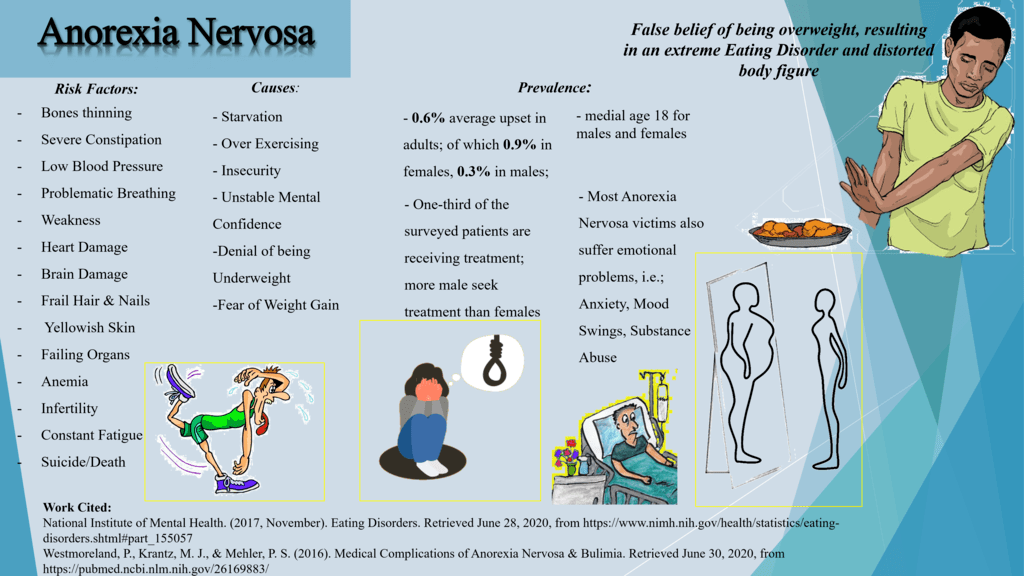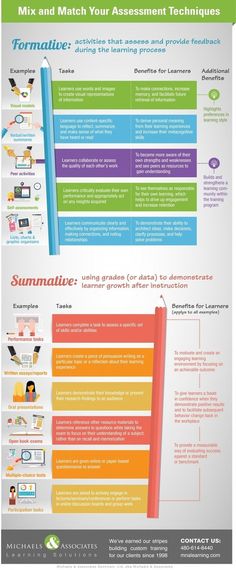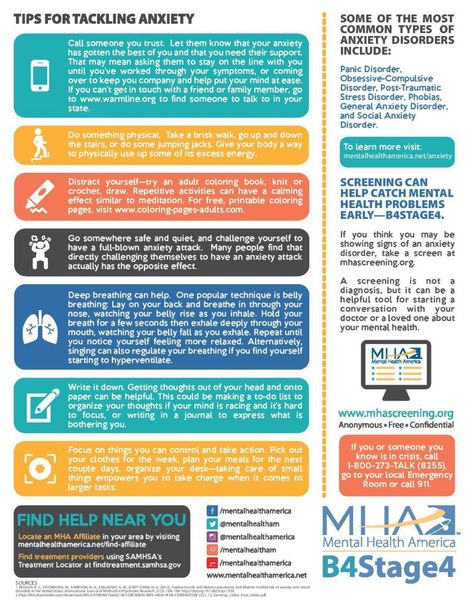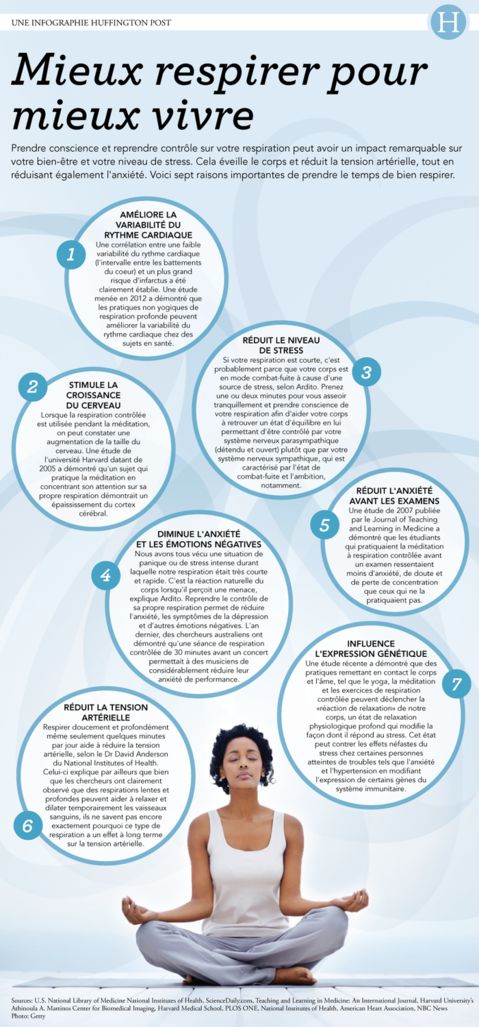How to ease frustration
18 Ways to Cope with Frustration
Frustration can be hard to put into words – it’s a complicated mix of anger, disappointment, and annoyance. For most health care workers, frustration levels are particularly high right now as many face PPE shortages, minimal workplace support, and a seemingly careless general public. Anger and frustration aren’t always productive emotions, and while we can’t necessarily control that we feel them, we can control how we react to them. If you need to release some of your pent-up negative energy, here are some healthy ways to do so:
- Do some breathing exercises: when having a strong emotional response, you may notice your breath getting faster and shallower. By regulating your breathing, you can get more oxygen to your brain and help yourself calm down. A good technique is 4-7-8 breathing: breathe in for four seconds, hold for seven, breathe out for eight
- Progressive muscle relaxation: one of the ways our bodies respond to heightened emotion is with muscle tension.
Relieving that physical tension will help your mind relax too. Lay down and work your way through each muscle group: tense as you slowly inhale, and release as you slowly exhale. If you prefer some instruction, try a guided audio.
- Meditate: Meditation can be a great way to connect with your feelings, but it can also help you create space between your thoughts and emotions as you settle into self-awareness. Download an app like Headspace or Calm and look for a guided meditation that fits how you’re feeling.
- Exercise: Physical activity is a mood booster, helps you regulate stress and adrenaline, and is a healthy way to release pent-up energy. If you can, try going for a run and really focus on your feet hitting the ground. If you prefer instruction, see if your local gym has online classes or search for your favorite type of workout on YouTube.
- Yoga: If you prefer low-impact workouts, yoga is a great way to get your body moving in a meaningful way.
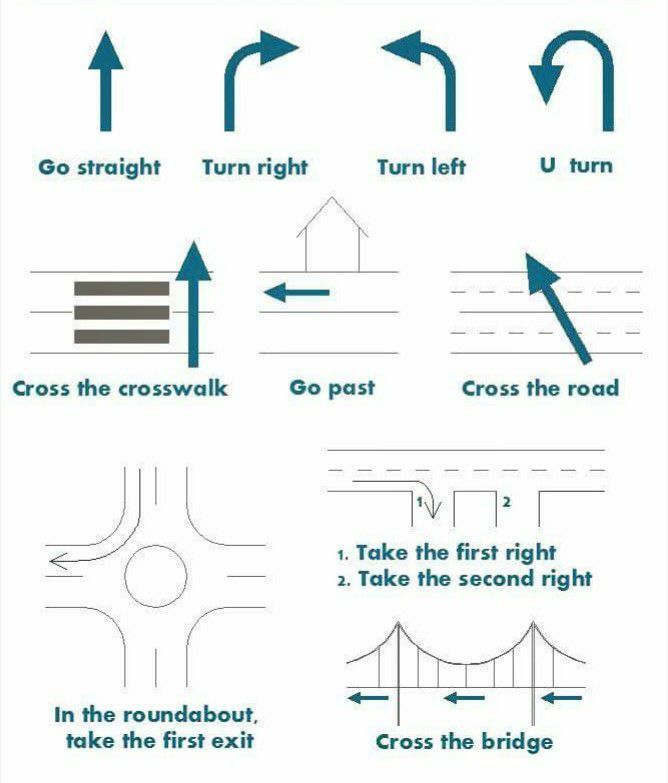 Yoga Pose has an online directory of poses searchable by symptom (like anxiety or back pain) and has categories including poses for calmness.
Yoga Pose has an online directory of poses searchable by symptom (like anxiety or back pain) and has categories including poses for calmness.
- Vent: Ruminating on your anger only perpetuates it, so give yourself some time to let it all out with a trusted friend. As long as you don’t focus on it for too long, venting can be a healthy emotional outlet – just try to keep it to 15 minutes, and then move on to more positive conversation. If you want to vent anonymously, try an app like Lyf or reach out to Magellan Health’s free crisis hotline for frontline workers at 1(800) 327-7451.
- Journal: If you’re dealing with the the kind of frustration where you can’t even think straight, try writing (or typing) it all out. This can help you process a situation and calm your brain down so you can approach the issue with a more level head.
- Get outside: Spend some time in your backyard, go for a walk around the block, or head to your favorite park.
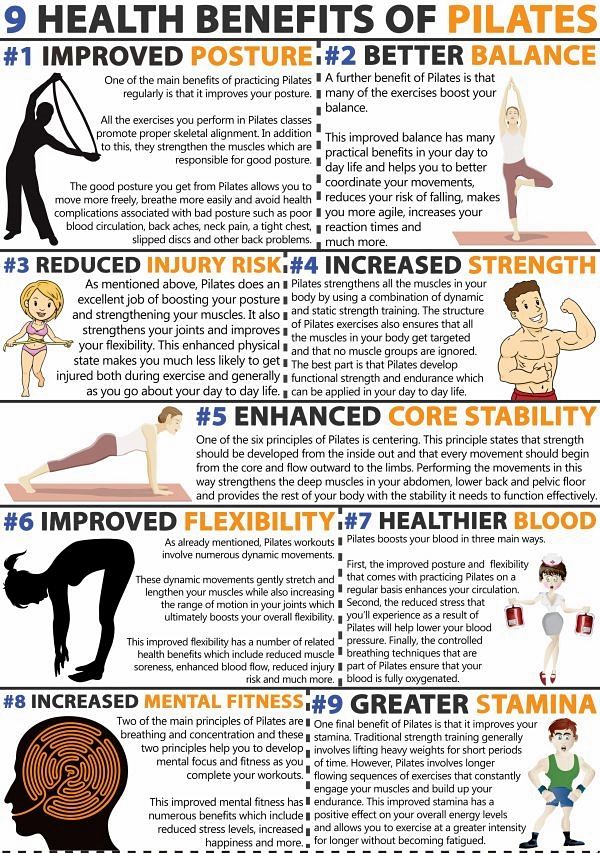 If you’re crunched for time, even just stepping out for 60 seconds of fresh air can help you recalibrate. To really help ground yourself, slip off your shoes and let your bare feet touch the dirt or grass.
If you’re crunched for time, even just stepping out for 60 seconds of fresh air can help you recalibrate. To really help ground yourself, slip off your shoes and let your bare feet touch the dirt or grass.
- Manage your expectations of others: Often, negative feelings come from misaligned expectations. Recognize that you can’t fully anticipate anyone else’s behavior; change your own mental framework so that you aren’t holding them to standards they won’t meet – it’s only hurting you.
- Treat yourself: Sometimes you just want to lay on the couch with a bag of chips and your favorite movie, and that’s OK! As long as it doesn’t become an unhealthy habit, there’s nothing wrong with treating yourself to some guilty pleasures.
- Spend some time with animals: Many people find animals to be a source of comfort and support. Interacting with animals has been shown to decrease levels of cortisol (a stress hormone) and lower blood pressure, as well as elevate levels of serotonin and dopamine, which calm and relax[i].
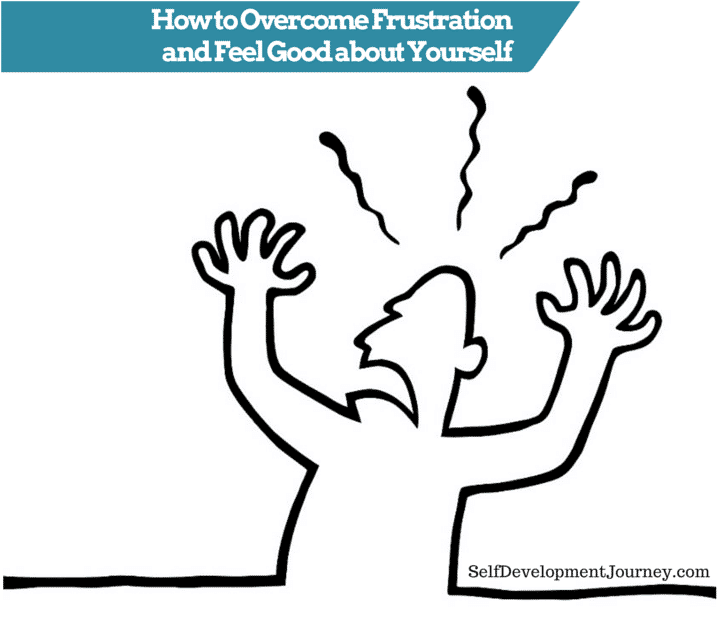
- Distract yourself: Leaning into feelings doesn’t always help. If you need to detach from your anger, try doing something that requires focus (like a puzzle or reading).
- Take a nap: We all need a brief reset at times. If you hit a wall where you are completely overwhelmed with everything going on, set a timer for 20 minutes and climb into bed. The rest will do your brain well and checking out for a little bit often helps you go about the rest of your day with a fresh start.
- Start a garden or get a new houseplant: Numerous studies have found that the act of gardening can be beneficial for numerous health outcomes, including anxiety and stress reduction[ii]. Don’t have the outdoor space? Taking care of an indoor plant has similar effects on your mental health[iii].
- Get creative: Art is a great tool for emotional expression. Crafting, drawing, painting, writing poetry, and other art forms are all healthy ways to channel your anger into something fun.

- Turn on some music: Music has a powerful effect on our brains. Search for a playlist of relaxing or happy music to turn your frustration into a more enjoyable emotion. Bonus points if you dance it out!
- Get organized: Take ten minutes to clean, plan, or otherwise streamline something in your life. Turning your extra energy into something productive will not only help you get rid of some of that frustration, but you’ll also have accomplished something.
- Wash your face: It seems so simple but putting cold water on your face doesn’t just feel refreshing – it triggers your mammalian diving reflex which slows your heart rate and breathing. By reducing the physical symptoms of frustration, you can interrupt your brain’s feedback loop and reduce your emotional frustration as well.
[i] National Institutes of Health. (February 2018). The power of pets: Health benefits of human-animal interactions.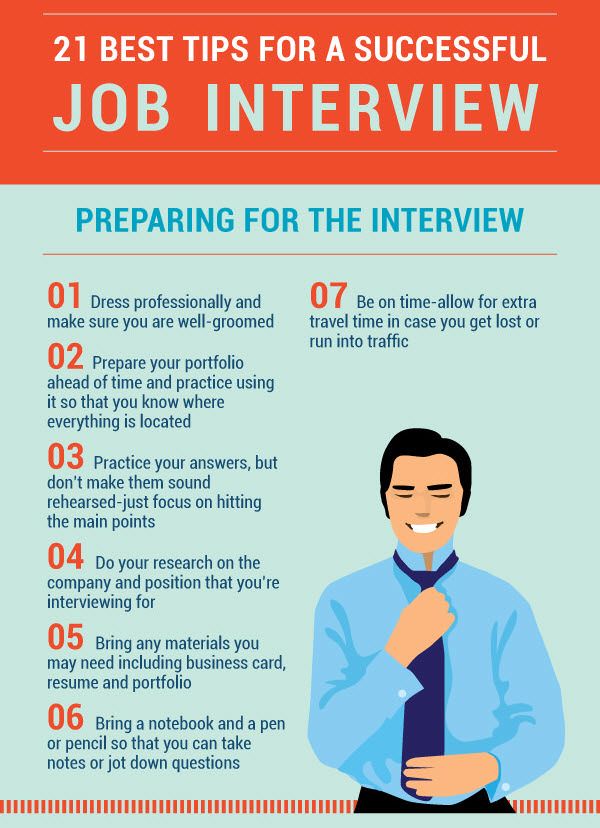 NIH News in Health. https://newsinhealth.nih.gov/2018/02/power-pets
NIH News in Health. https://newsinhealth.nih.gov/2018/02/power-pets
[ii] Soga, M., Gaston, K.J., & Yamaura, Y. (2017). Gardening is beneficial for health: A meta-analysis. Preventive Medicine Reports, 5, 92-99. https://doi.org/10.1016/j.pmedr.2016.11.007
[iii] Lee, M.S., Lee, J., Park, B.J., & Miyazaki, Y. (2015). Interaction with indoor plants may reduce psychological and physiological stress by suppressing autonomic nervous system activity in young adults: a randomized crossover study. Journal of Physiological Anthropology, 34(1). DOI: 10.1186/s40101-015-0060-8
Frustrated? Here's What's Really Going On
Frustration, if left unaddressed, can evolve to helplessness, annoyance, anger, or rage. You can overcome it if you get to the root of it and self-care.
Feelings of frustration are emotions that most of us feel from time to time. If you have a low tolerance for frustration, there are steps you can take to help you keep your anger in check.
Frustration is an emotion that you may experience as a result of feeling powerless or helpless at the moment.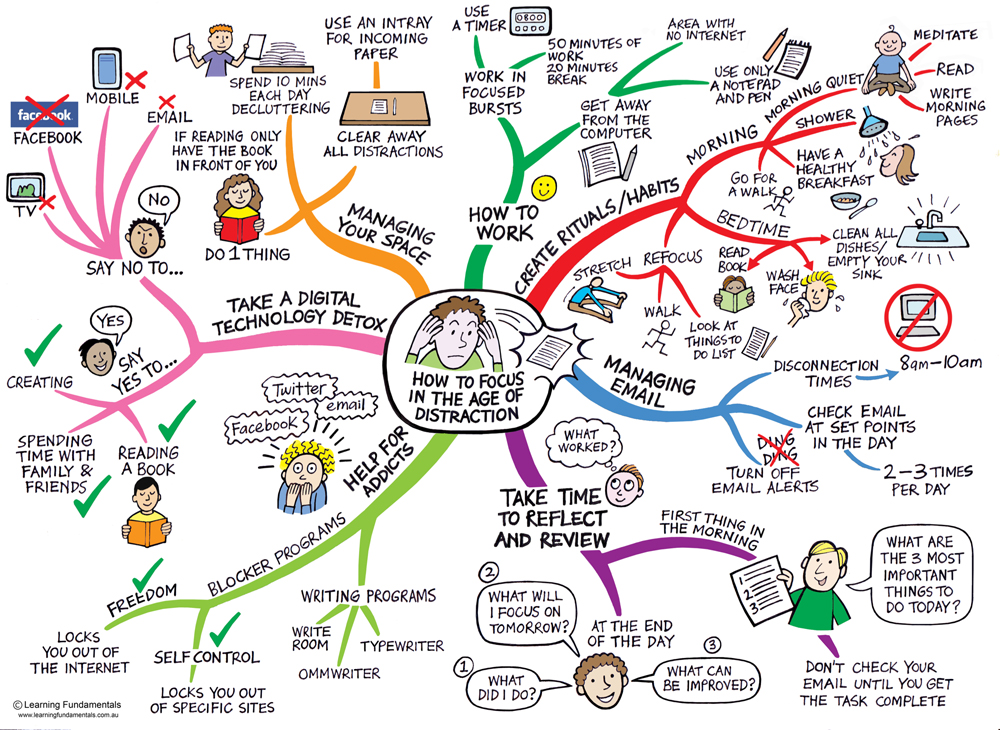 It can also be a precursor to anger.
It can also be a precursor to anger.
It’s a common feeling that may occur when something doesn’t turn out as you expected, or is outside of your control, like waiting in a long line at the grocery store when you have somewhere else to be.
When something frustrating like this happens, it can create stress, especially if you have a hard time letting things go.
If you’re unsure what to do when frustrated, there are strategies you can use to help minimize the impact of frustration in your life.
When you’re feeling frustrated you can take a moment to pause and breathe. Focusing on your breath and breathing deeply from your diaphragm can help reduce negative feelings and ease any tension you may have in your body, according to a 2017 study.
Sarah Kaufman, a licensed social worker in New York City suggests trying these breathing exercises:
- 4-7-8 breathing: Inhale for 4 seconds, hold for 7 seconds, and exhale for 8 seconds. Repeat 3 times.
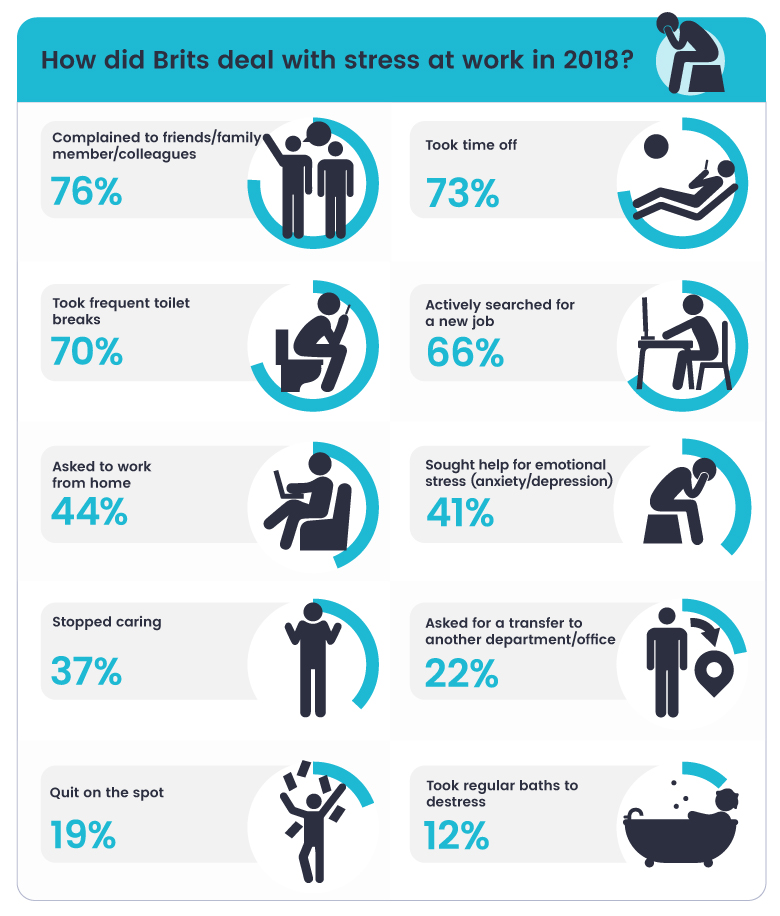
- Boxed breathing: Inhale for 4 seconds, hold for 4 seconds, exhale for 4 seconds, and hold for 4 seconds. Repeat 3 times.
To help reap the benefits that come from this exercise, practice slow, controlled breathing that comes from your belly and not your chest.
The next time you’re feeling frustrated stop and ask yourself what may be causing you to feel this way.
You can notice your emotions as they arise.
Emotional wheels are very effective at illustrating root emotions and their related emotions. Putting a name to how you feel might help you to decide what productive steps to take to soothe your frustration.
If you know you get frustrated when there’s a long line at the gas station every Friday, you might take a beat to identify why you’re frustrated. If what you’re feeling is impatience, you can take steps to avoid time triggers and go on a less busy day.
If you get frustrated in midday meetings regularly, you might do a body scan and discover you’re hangry. You can take steps to eat something filling beforehand.
You can take steps to eat something filling beforehand.
Taking the time to get your feelings down is a great way to help make sense of them. But only recap the situation that caused the frustration if it gives you peace of mind, says Kaufman.
“Freewriting can offer an opportunity for deep reflection and allow for emotions to come up that you didn’t know were there.”
Consider spending a few minutes when you’re feeling frustrated to journal your thoughts and feelings, this can help to decrease your mental distress as well as have a positive impact on your well-being, as a 2018 study shows.
Physical exercise produces feel-good chemicals in your brain called “endorphins,” these chemicals act as a natural painkiller that can help improve your sleep as well as stress, according to the Anxiety and Depression Association of America (ADAA).
You don’t have to engage in a full-body, lengthy workout to reduce frustration, says Kaufman. “Try short, quick movements, like 5–10 minutes of crunches, jumping jacks, or pushups. ”
”
A common sign of frustration or anger is an increase in heart rate, which can increase your body temperature. By cooling down your body, you can lower your heart rate, which can reduce your feeling of frustration, says Kaufman. She and suggests trying:
- splashing cold water on your face
- holding an ice cube in your hand
- going for a walk if it’s cool outside
The signs of frustration can vary from person to person. Common signs of frustration include:
- anger
- feeling anxious or on edge
- irritable
- annoyed
- losing your temper
Remember, feelings of frustration are common. You’re not alone in frustration, but you can consider taking mindful steps.
Frustration is a common emotion that you may feel when things don’t go the way you expected or because of your inability to achieve something.
It’s usually associated with anger or prefaced by feelings of inability.
The key to managing your frustration is to understand your feelings by identifying them and writing them out.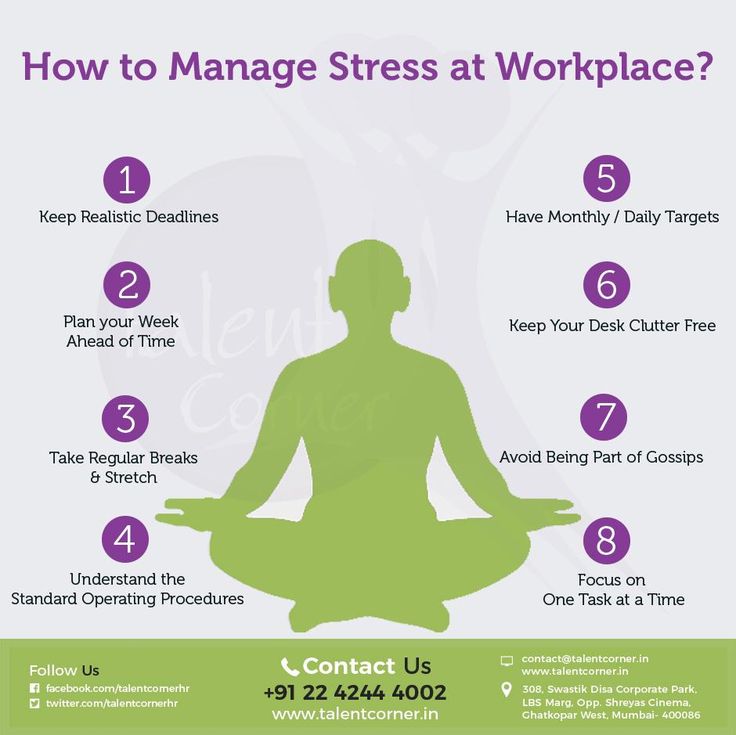 You can also change how it impacts your daily life by:
You can also change how it impacts your daily life by:
- deep-breathing exercises
- physical activity
- cooling down your body
If you continue to feel overwhelmed and the strategies you’ve tried aren’t enough to help, consider reaching out to a mental health professional. You can visit Psych Central’s Find a Therapist resource to find a therapist right for you.
8 Quick Ways to Get Rid of Disappointment in Life
The problem with disappointment is that it can harm any of us, and pinpointing exactly where it comes from is very difficult.
There can be many reasons why you are disappointed in your life. In order not to delve into yourself to the point of exhaustion, you can apply a few tips below.
1. Make your failure a lesson
It is normal to feel disappointed after experiencing a failure. We often face one failure after another, which understandably undermines our emotional state. Instead of looking at failure as something shameful, remember the words of Thomas Edison:
… Didn't fail, but… discovered 10,000 ways that didn't work.
We do this every day - we exclude those ways that do not lead us to the desired result. And even if in the end we don't achieve what we wanted, we can say with confidence that we tried, and this can no longer be called a failure.
By changing your view of failure, you will be able to see any obstacle as an opportunity to grow, develop your skills, and train your willpower. nine0004
2. Focus on today
Constant anxiety is one of the most common mental health problems we have experienced in recent years. Although it is difficult to explain the anxiety that has arisen with any one good reason, it can still be assumed that most people experience it due to the pressure of others. To be precise, it is because of the pressure to create a right future and an ideal life.
While it is important to create and plan for the future, you must not let the frustration of not knowing what awaits you tomorrow ruin your mood today. Instead of constantly focusing on what will happen in a week / month / several years, you should concentrate on what is happening now.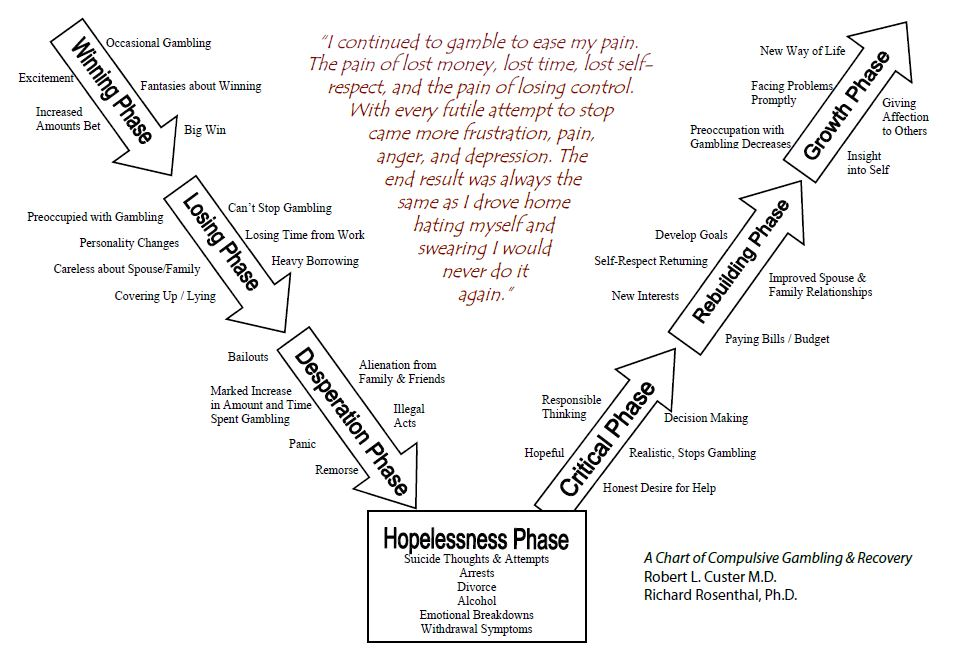 You only have one day - today. You will not be able to go back and change something in it, just as you will not be able to control what has not yet come. Today you can do anything or do nothing. nine0004
You only have one day - today. You will not be able to go back and change something in it, just as you will not be able to control what has not yet come. Today you can do anything or do nothing. nine0004
How to learn not to put off life until tomorrow
3. Stop comparing yourself to others
We live in constant competition. Ten years ago we looked at our neighbor's new car or fence and compared it to ours. Today, we compare ourselves to celebrities, classmates, and old acquaintances on social media.
As soon as we go online, we have instant access to other people's lives, and many of us are insanely interested in following it. You can compare this pastime to reading an entertainment magazine or watching a reality show. But it's important to remember that, as with shows and tabloids, everything that happens on social media is a blurry reality. Expensive things in your classmate's photo don't necessarily belong to him, your old friend may well use photoshop to look prettier than before, and your colleague with photos like in business magazines may actually be having dinner with a donut and paying off a bunch of loans.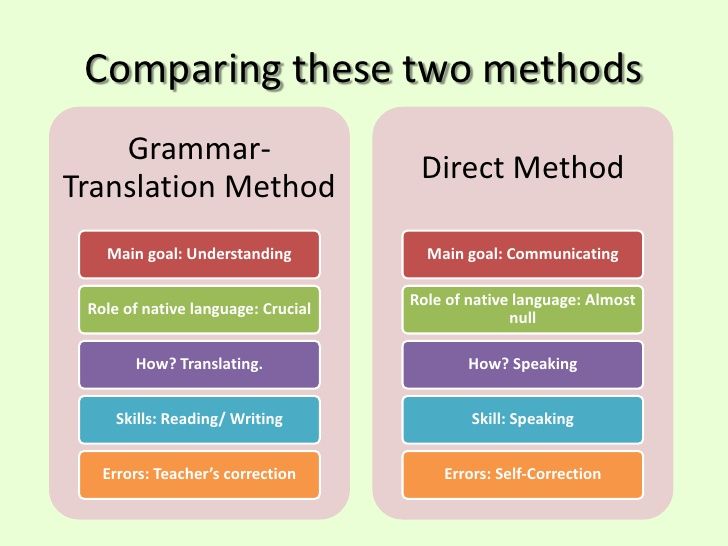 Now it's not so rosy to look through your news feed, is it? nine0004
Now it's not so rosy to look through your news feed, is it? nine0004
8 things that will happen to you when you stop comparing yourself to others
4. Face your fears
Frustration can be a reaction to fear, and fear tends to accumulate. Perhaps your fear was born from a small task that you didn’t complete right away and pushed it back to later over and over again, and later began to realize that the number of your tasks grows in direct proportion to the fear and frustration inside you.
The only thing you can do to combat this is to gradually move forward and do the things that scare you so much. Only in this way can you feel that your life is in your hands and forget about disappointment.
5. Get rid of feelings of powerlessness
We like to be in control, but there is always something we can't control. It can be the weather, your colleagues, the result, which, due to a combination of circumstances, did not turn out the way you imagined it. All this makes you feel powerless. nine0004
All this makes you feel powerless. nine0004
It would be great if you could simply remove yourself from a situation that makes you feel powerless, but unfortunately this is not always a good option.
The harsh truth is that we cannot control everything. But even without it, we have the opportunity to influence a huge number of things. Try as much as possible to regain control over most areas of your life, and you will realize that there really isn’t much that your will has no control over.
6. Break out of the vicious circle
It doesn't matter what kind of life you live. Eventually, we all get bored doing the same thing over and over again. Routine is what ultimately slows you down. This does not mean that you have to quit your job, leave your family and immediately buy a one-way ticket to another country. Frustration can be reduced by adding something new to your life or by letting go of something that no longer matters to you. The problem is that not everyone is capable of this due to the established habits that form our comfort zone.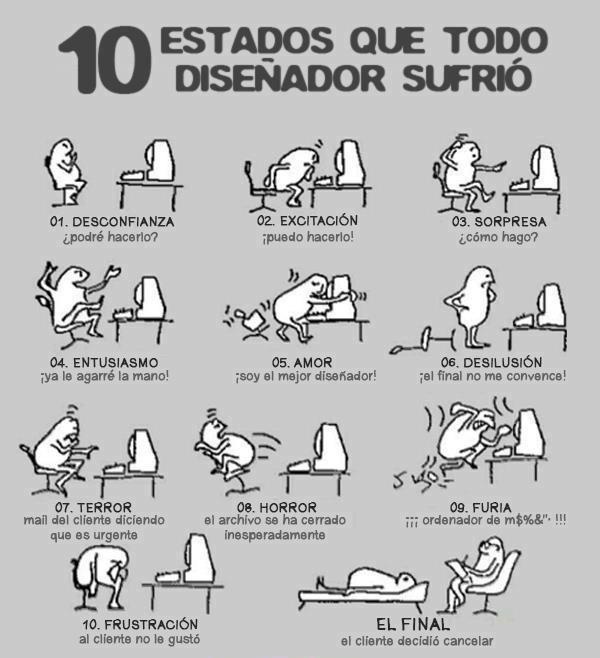 As true fans of stability, we are afraid of the new and unwilling to let go of the old. But only by reconsidering these ossified beliefs, you can feel truly free and happy. nine0004
As true fans of stability, we are afraid of the new and unwilling to let go of the old. But only by reconsidering these ossified beliefs, you can feel truly free and happy. nine0004
7. Appreciate what you have
Most people are programmed to always look for improvements in relationships, work and themselves. Sometimes we are so focused on what we lack that we lose sight of what we have. Look at other things you have. Ask yourself: Are you having a good life overall? Do you appreciate what you have?
10 signs that you think very rationally
8. Recognize old pain or injury
Life is not fair. We all got a different start in adult life and career. Some may have experienced trauma in childhood. Some may still have old pain from a hard experience. The only way to overcome this is to deal with your past. This doesn't necessarily mean you have to spend hours with a therapist—just admitting your pain can set you free. nine0004
Other related articles:
for life
5 tips on how to survive a big disappointment | Women's secrets
Every person experiences a tragedy in his life that shakes his life to the core, changes his values and makes him reconsider his views or even perception of himself.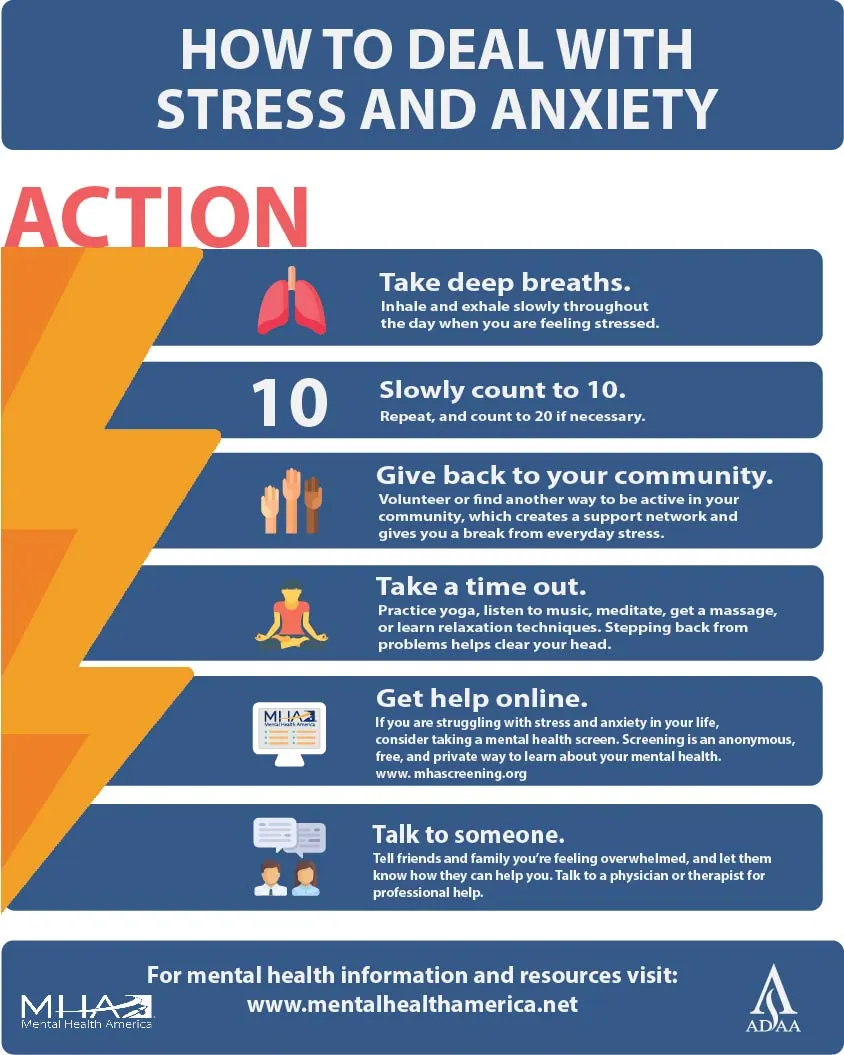 No one can escape change, disaster or disappointment in life.
No one can escape change, disaster or disappointment in life.
There is no specific cure for grief, pain and disappointment, but there are ways deal with discomfort and frustration more quickly and effectively . In the article you will learn how to reduce your suffering in the shortest possible time .
1. Don't ignore your feelings
Have you experienced disappointment and think that the best way to resolve your situation is to pretend that nothing happened? Then you are mistaken, disappointment and pain must be endured. Ignoring your sadness or anger won't solve anything.
On the contrary, you need to realize that the feelings you are experiencing are normal and natural. Allow yourself to cry, vent your anger, and not be afraid to talk about your feelings with friends. If you don't want to talk about your feelings in front of them, seek the help of a professional who will be happy to listen. nine0004
Only when you have lived through the negative feelings and made them disappear will you realize that you are ready to move on. Only when you come to terms with reality will you see the future and start planning and dreaming again.
Only when you come to terms with reality will you see the future and start planning and dreaming again.
It is good to perceive the situation in such a way as to learn something. We are the creators of our life and our environment, and you yourself have created an unpleasant state for yourself, albeit unconsciously.
2. Don't blame yourself
Did your partner find a new love and leave you and your children for her? Disappointment and tears, of course, are appropriate, but what is definitely not appropriate is self-flagellation. So stop constantly thinking about where you made a mistake, what is wrong with you, or why something similar happened to you in life. nine0004
Stop blaming yourself and worrying about things you couldn't control or prevent. What happened, happened, and if you continue to denigrate yourself and find fault with yourself, this certainly will not solve or alleviate your situation.
3. Think positive and stay informed
Positive thinking is not just a good feeling you get when things are going well in life. It is the ability to maintain a sense of hope and motivation no matter what. Positive thinking is your attitude towards life: i.e. how you feel about life. Think positively and you will see that you will be able to deal with the next disappointment much more easily. nine0004
It is the ability to maintain a sense of hope and motivation no matter what. Positive thinking is your attitude towards life: i.e. how you feel about life. Think positively and you will see that you will be able to deal with the next disappointment much more easily. nine0004
Coming to terms with reality is not easy. But accepting what happened in the past allows you to live in the present and stop worrying about the future.
Do you find it difficult to think positively? So try not to think at all for a while and start taking care of your physical form. Brisk walking, swimming and physical exercise in general is one of the best medicines. Don't be afraid to be tired. It is better to be tired of movement than to be disgusted by catastrophic thoughts. The world belongs to you, you are the creator! nine0004
4. There is a time for everything
Everyone needs a different amount of time to cope with a loss or disappointment. Of course, it also depends on how big the disappointment was.
The real assessment of experts speaks of two years required for the complete healing of spiritual wounds and for people to again be able to find and develop quality relationships. Until then (and even then), it's best not to rush.
5. Disappointment is a necessary part of life
Think that everything that happens in your life has some meaning. Pain drives you forward, disappointment teaches you to do things differently next time, and one closed door means not disaster, but the opportunity to choose a different and maybe even better path. Don't needlessly grieve over what can't be changed, but on the other hand, don't pretend that people and relationships are easily interchangeable.
At the beginning of every great tragedy, pain and disappointment, there is also a great hope that everything will be better from now on. Although it may seem to you now that this is not so, it is true, and if you hold on a little longer, you will definitely find out for yourself.



